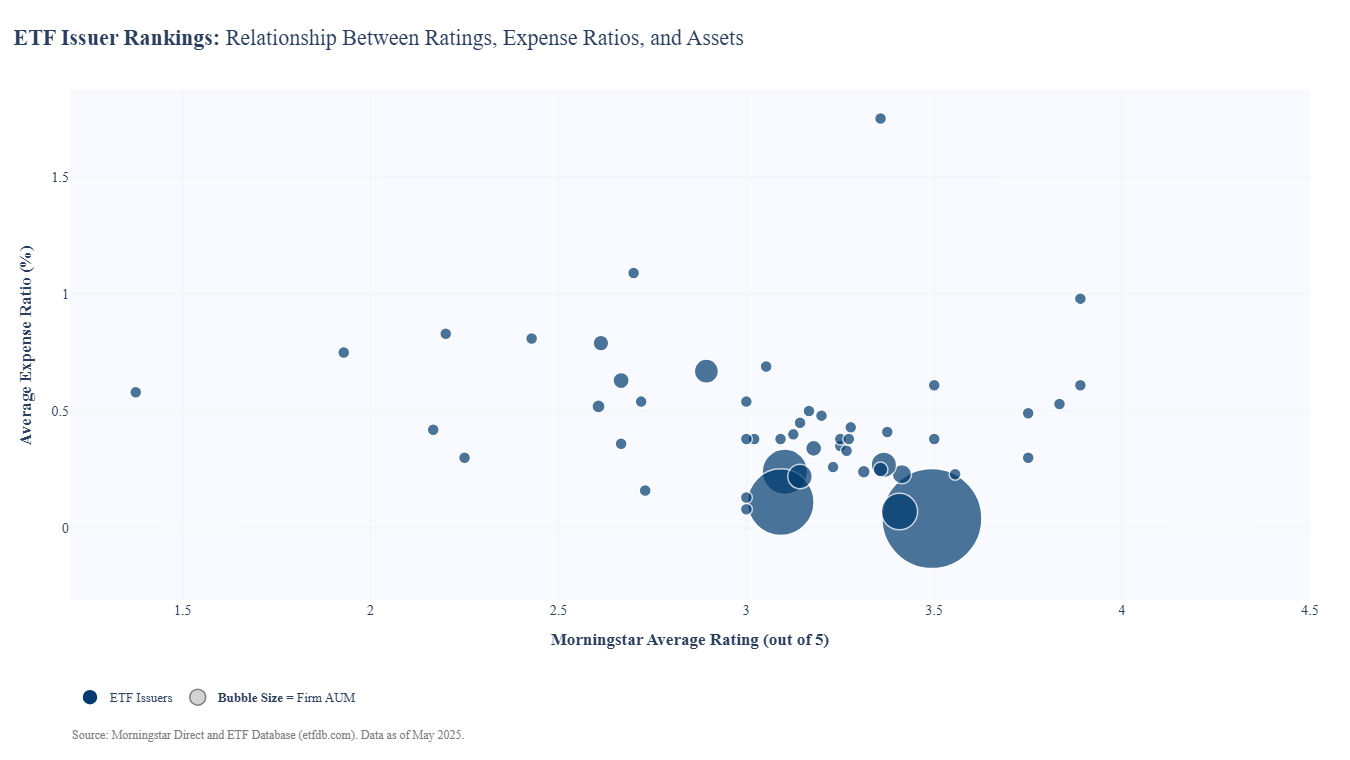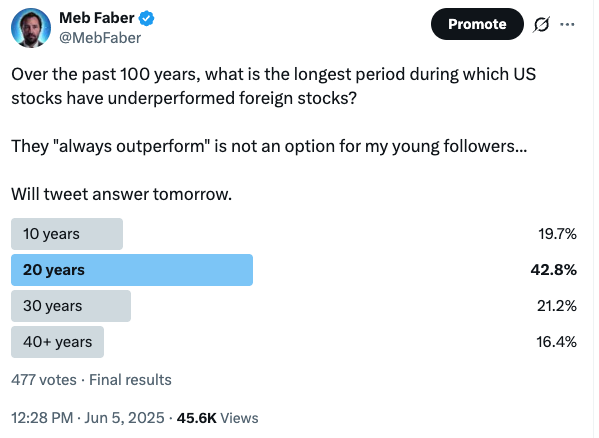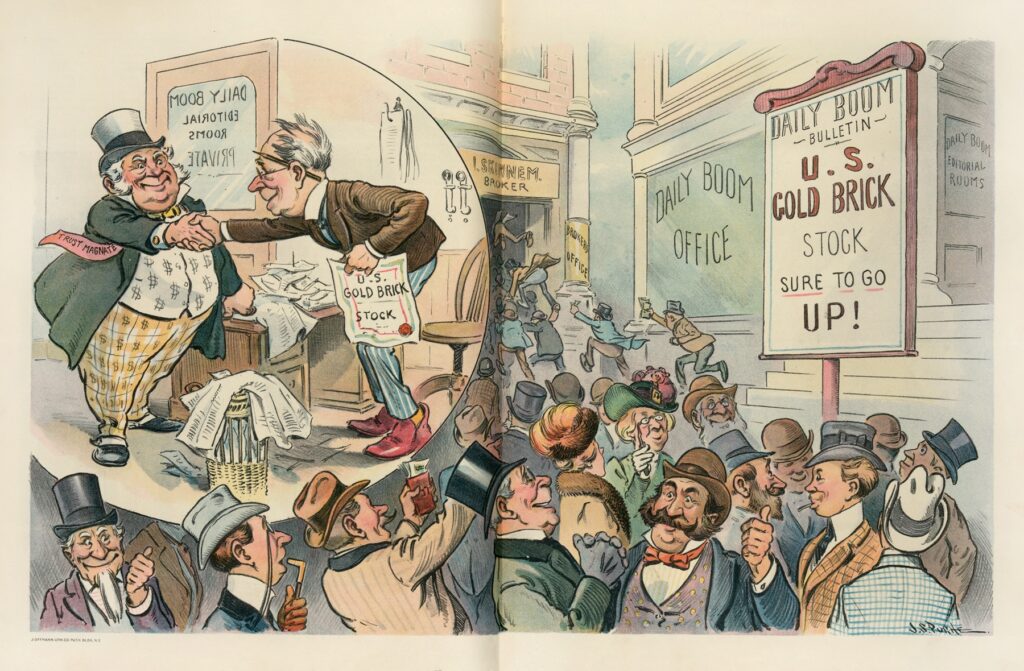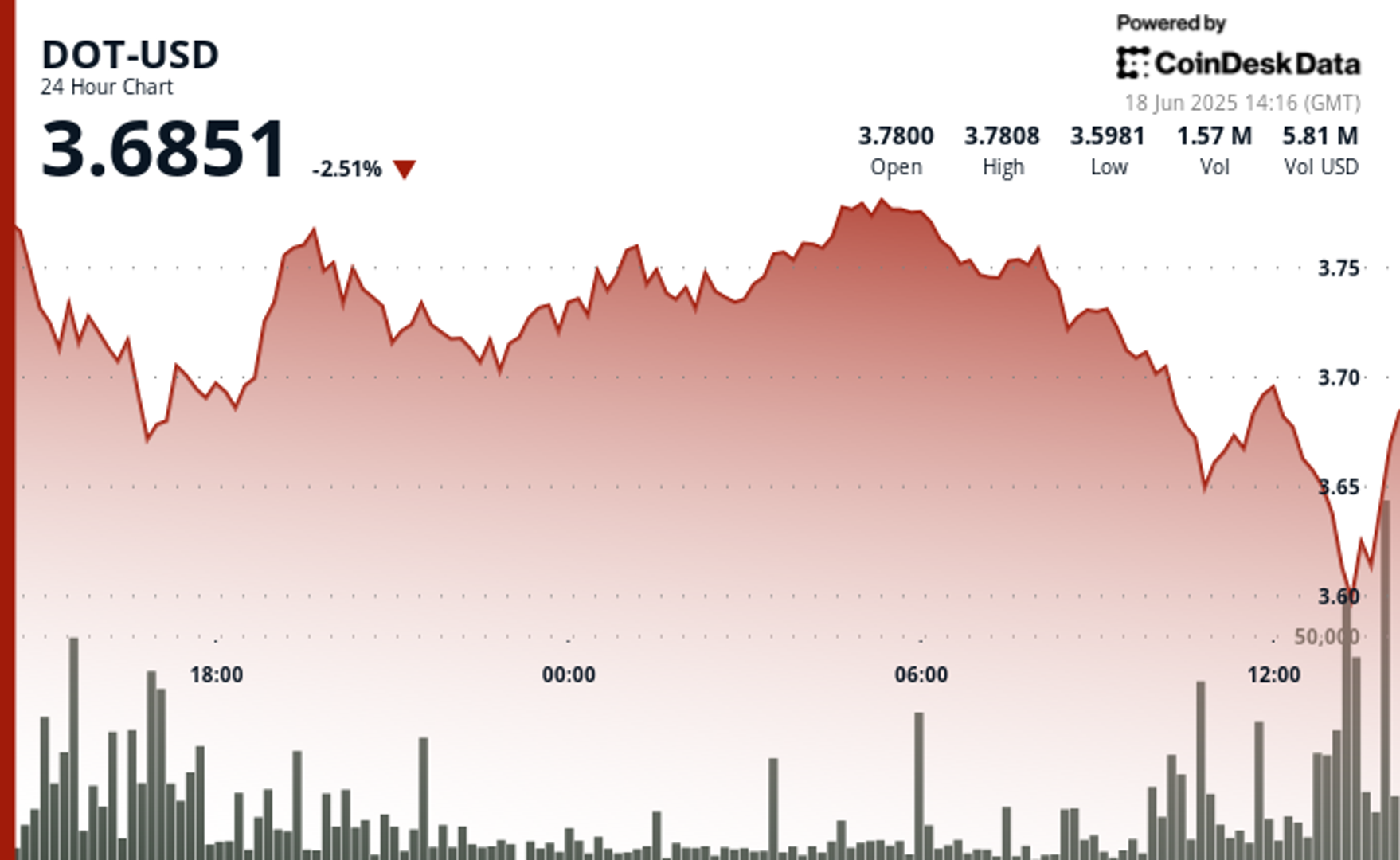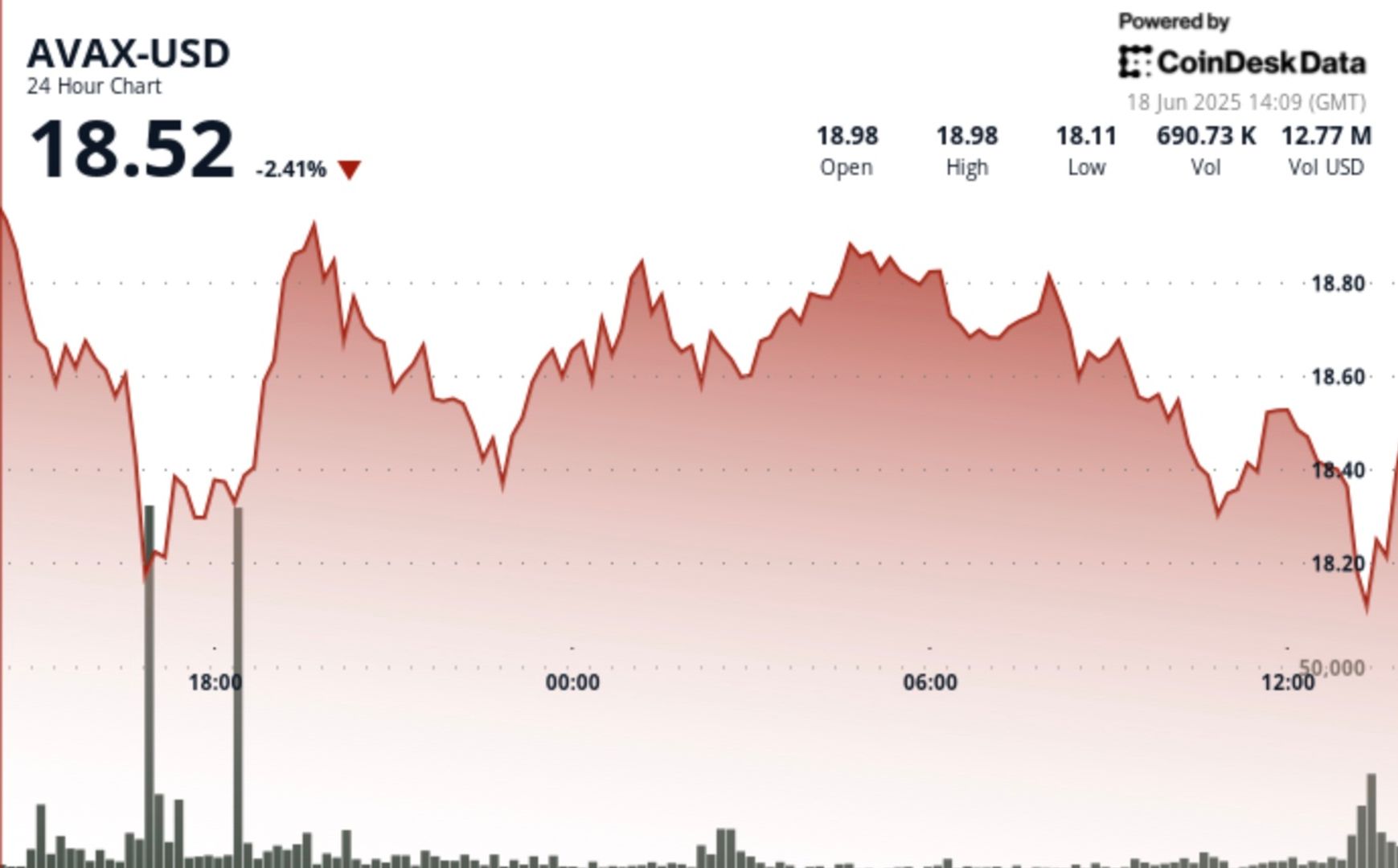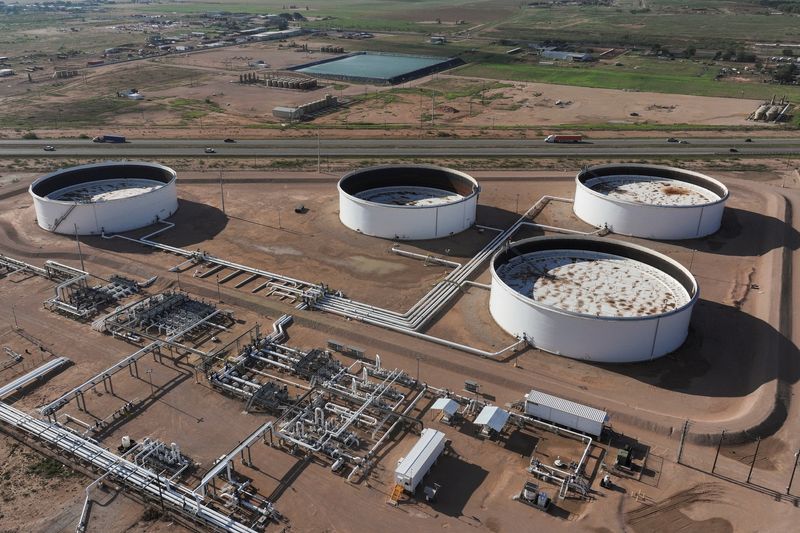I claimed Social Security at 67 but I’m still working at 74. Will my benefits increase because of this?
Some people stop working completely the moment they retire. But it’s not unheard of for retirees to hold down a part-time job or start a business. And there can be perks to doing so. For starters, the extra money isn’t a bad thing. If you’re retiring mostly on Social Security and don’t have a […] The post I claimed Social Security at 67 but I’m still working at 74. Will my benefits increase because of this? appeared first on 24/7 Wall St..

Key Points
-
Your monthly Social Security benefits are calculated based on your wage history.
-
It’s possible to boost your benefits after claiming them by continuing to work.
-
Whether earning money later in life impacts your benefits payments depends on your wages at the time.
-
Are you ahead, or behind on retirement? SmartAsset’s free tool can match you with a financial advisor in minutes to help you answer that today. Each advisor has been carefully vetted, and must act in your best interests. Don’t waste another minute; get started by clicking here.(Sponsor)
Some people stop working completely the moment they retire. But it’s not unheard of for retirees to hold down a part-time job or start a business. And there can be perks to doing so.
For starters, the extra money isn’t a bad thing. If you’re retiring mostly on Social Security and don’t have a lot of savings, you might need a paycheck from a part-time job to supplement your benefits and ensure that you have enough money to cover your expenses.
There’s also the social and emotional benefit of working to consider. When you have a job to go to for a couple of afternoons a week, you have something to do with your time. That could help alleviate boredom or feelings that you aren’t doing enough with your time. It could also give you a reason to leave the house and serve as an opportunity to interact with other people.
In this Reddit post, a 74-year-old who’s still working has a question about Social Security. They signed up for benefits at age 67, and they’re wondering how their earnings might impact their monthly checks.
It’s a good question to be asking. Wages earned later in life could impact Social Security benefits, but that depends on your total income history.
How Social Security benefits are calculated
Your Social Security benefits are calculated based on the amount of income you earn during your 35 highest-paid years of work. Earlier wages are adjusted for inflation in that formula to arrive at a monthly benefit you can collect at full retirement age (FRA), which is 67 for anyone born in 1960 or later.
You’re allowed to sign up for Social Security as early as age 62. For each month you claim Social Security before reaching FRA, your monthly benefits get reduced.
It’s also possible to delay your Social Security claim past FRA for larger monthly checks, up until age 70. For each month you hold off, your monthly benefits increase by about 2/3 of 1%, or about 8% per year.
How working later in life can affect your Social Security benefits
The poster’s question is a valid one, because it may be that the wages they’re earning at age 74 will have an impact on the amount of money Social Security pays them each month. But it could also be that the poster’s current wages won’t make a difference.
As just mentioned, your Social Security benefits are calculated based on your 35 most lucrative years of earnings. Let’s say the poster’s lowest amount of earnings during their 35 highest-paid years was $30,000. If they’re now earning $15,000 a year with part-time work, it won’t change their monthly benefit.
However, let’s say the poster is now earning $35,000 a year. Since that number is larger than the amount they earned during their lowest-paying year, it could result in a higher monthly benefit once the Social Security Administration is able to re-run that calculation.
For this reason, it’s a good idea for people without a 35-year work history to consider holding down some type of job in retirement. Earning even a small amount of money could be enough to replace a year of zero income with an actual wage, leading to larger monthly Social Security checks down the line.
The post I claimed Social Security at 67 but I’m still working at 74. Will my benefits increase because of this? appeared first on 24/7 Wall St..













































































